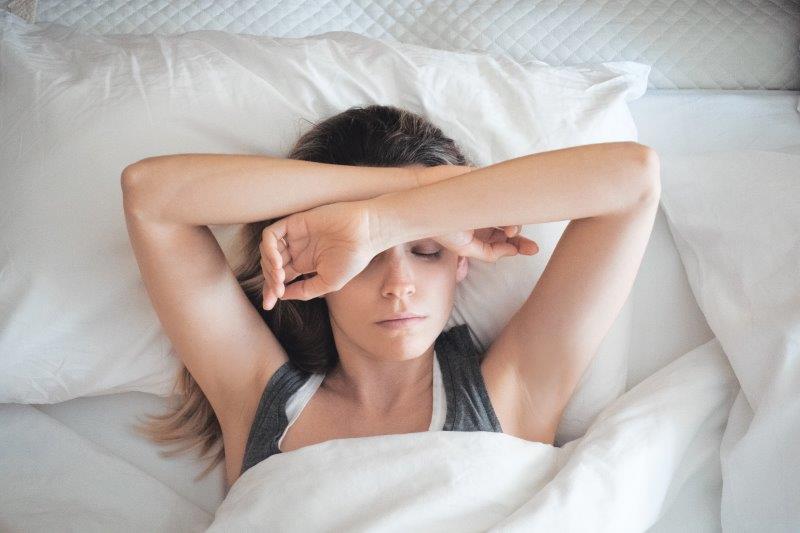Feeling Blue?
08th, Sep 2022

Today is Blue Monday which claims to be the saddest day of the year. From the cold weather, gloomy days and dark evenings to New Year’s Resolutions that didn't quite make it off the ground (although we don't blame you if you didn't make any at all this year) can cast a spell of depression, loneliness, and lethargy.
However, if you have been feeling generally lower than usual and what seems to be a common issue throughout the winter months, could be a symptom of Seasonal Affective Disorder (SAD).
What is Seasonal Affective Disorder?
Seasonal Affective Disorder (SAD) is a type of depression that comes and goes in a seasonal pattern. SAD is sometimes known as "winter depression" because the symptoms are more apparent and tend to be more severe during the winter. The symptoms often begin in the autumn as the days start getting shorter. They're typically most severe during December, January and February.
SAD often improves and disappears in the spring and summer, although it may return each autumn and winter in a repetitive pattern.
What are they symptoms of SAD?
Symptoms of SAD can include:
- a persistent low mood
- a loss of pleasure or interest in normal everyday activities
- irritability
- feelings of despair, guilt and worthlessness
- feeling lethargic (lacking in energy) and sleepy during the day
- sleeping for longer than normal and finding it hard to get up in the morning
- craving carbohydrates and gaining weight
For some people, these symptoms can be severe and have a significant impact on their day-to-day activities.
What can you do to help ease symptoms of SAD?
SAD is thought to be caused by a decrease in serotonin levels due to a lack of melatonin from the sun.
There are several treatments are available for seasonal affective disorder (SAD), including cognitive behavioural therapy, antidepressants, and light therapy.
Light therapy is where a special lamp called a light box is used to simulate exposure to sunlight thus bringing up serotonin in the body. A light box can be used at home and as little as 20 minutes a day can help drastically improve mood and brighten spirits.
However, there are also a number of things you could do yourself to help improve your symptoms including:
- trying to get as much natural sunlight as possible - early morning or lunchtime walks can be extremely beneficial
- regular exercise to release endorphins (the body’s natural feel-good chemicals)
- sitting near windows when you are indoors
- eating a healthy, balanced diet full of greens and foods high in Vitamin D
If you or a loved one is feeling low with seasonal depression, it is important to consult your GP for expert advice and help and for more information about simple and effective treatments and remedies.
We Are Here If You Need Us
Kingsbridge Private Hospital Belfast has an Enhanced Private GP Service which offers a fully confidential service with same or next day appointments (Subject to availability)
If you have any concerns or would like to book an appointment, please contact 028 9066 7878 or by visiting our Online Booking Portal
Recent Articles

